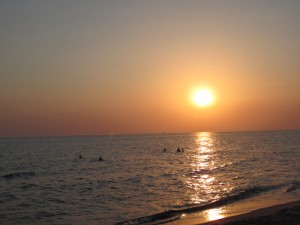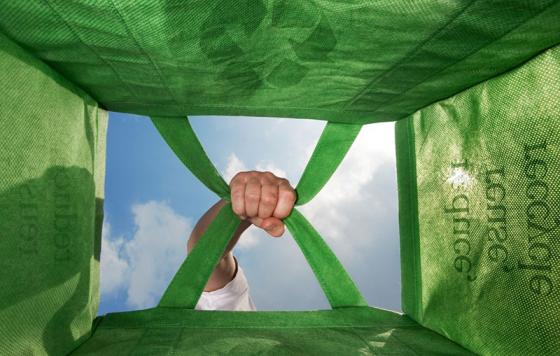
By Alicia Vignoe, Michigan Executive Assistant Intern
I spend every Fourth of July week in Ludington, Michigan at my aunt’s cottage right by Lake Michigan. The whole family goes up and we spend our days by the lake and nights by the bonfire. You can imagine my surprise when I found out that my beloved Lake Michigan was in trouble because of pollution from coal ash. I didn’t notice anything wrong. I never saw the water turning black and I’ve never become sick from swimming in it, so how bad could it really be? I do live in Pure Michigan, right? My past naivety is something that now makes me cringe. After looking at a map of where coal ash sites are located in Michigan, I noticed that many of them are in close proximity to Lake Michigan. Check out the map to see if coal ash is polluting the water in your community. The contamination from the coal ash storage sites is as gross as you would think and the water around these sites is definitely not something you’d want to drink. Coal ash sites leak dangerous chemicals like mercury, arsenic, lead and selenium into nearby ground and surface water. Over time these chemicals cause serious health problems like cancer and developmental disabilities in children. Despite the little data that is available from coal ash sites due to lack of regulation and record keeping, it’s been discovered that the majority of these coal ash sites are contaminating many of Michigan’s lakes, rivers and streams. It’s time we do something to put a stop to coal ash pollution. The state should commit to providing better public information on coal ash storage sites and require enforcement by the Michigan Department of Environmental Quality (MDEQ) of known coal ash contamination sites. Michigan is known for being surrounded by clean water, not contaminated water, so let’s keep it that way. Download a full copy of the report, Toxic Trash Exposed: Coal Ash Pollution in Michigan, here. LIKE the Michigan Team on Facebook and FOLLOW them on Twitter!


